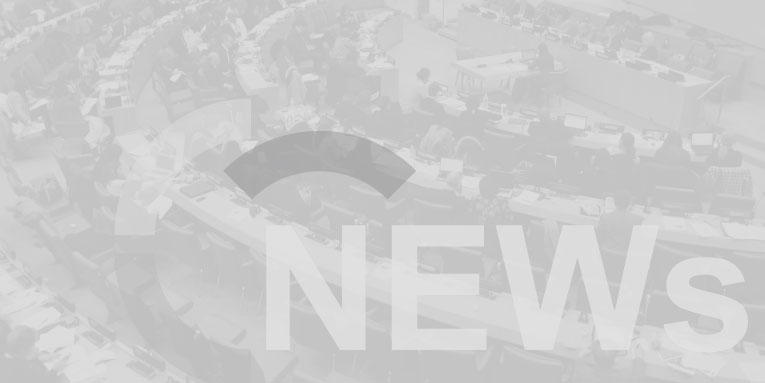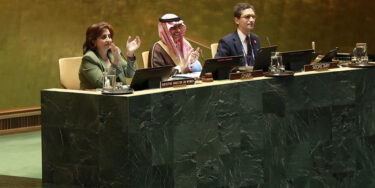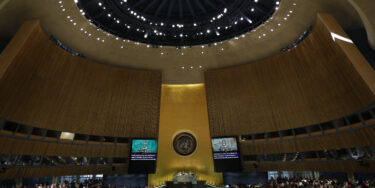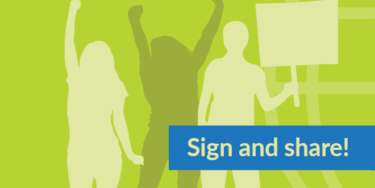The time has already come for #LBTI persons at #CSW61
10.03.17
(Economic Rights / Human Rights Bodies / Sexual Orientation and Gender Identity)
States, institutions, UN agencies, and everybody involved in and with responsibilities towards the world of work must commit themselves to act right now and address the need to guarantee the right to work for Iesbians, bisexual women, trans and intersex persons.
By Mariana Winocur
As ARC’s Communications Officer, I have been investigating data for “talking points” and social media messaging around the theme for this year’s CSW. In compiling some of this research, some of the questions that I began thinking about included the following:
- To what extent is CSW considering the word “women”?
- How does this word include the enormous and rich variety of lesbians, bisexual women, trans and intersex persons (LBTI)?
- How do we ensure that no one will be left behind, as promised in the Sustainable Development Goals?
Trying to find out some answers, I started looking for specific information regarding LBTI persons in the world of work, and information more broadly related to economic empowerment. It would be an understatement to point out that there is very little data, and the data that has been published depicts a worrying situation and leaves out entire regions where we know there are huge barriers for the economic empowerment of our communities. What exists clearly shows alarming trends about discrimination linked to sexual orientation, gender identity and expression, and sex characteristics. Here are just a few examples of what I found:
- In most countries trans persons are completely excluded from formal employment. This leaves few survival strategies, which inevitably increases their vulnerability.[1]
- Social and familial violence hinder trans women’s possibilities in the formal labor market. About 90 percent of trans women in the Americas engage in sex work.[2]
- Some lesbians face discrimination at work because they don’t look “enough feminine”. [3]
- A US study on queer female shows that those who apply for administrative jobs in the United States, are about 30 percent less likely to receive a callback compared with the straight female applicants of equal qualifications. [4]
- Within paid work spaces in Europe, an average of 26 percent of lesbians felt discriminated against or harassed based on their sexual orientation.[5]
- An average of 23 percent of unemployed European bisexual people feel discriminated against or harassed for being perceived as bisexual. [6]
- A survey report of Australians born with atypical sex characteristics found that there are high rates of poverty: the majority earn an income 41 percent less than the average.[7]
This panorama shows that there is a lot to be done to economically empower LBTI persons and leave no one behind.




